Bharat on screen, auteur behind it
Actor, writer, director, dialogue writer, and producer-Manoj Kumar wasn’t just part of Indian cinema; He helped shape its soul.
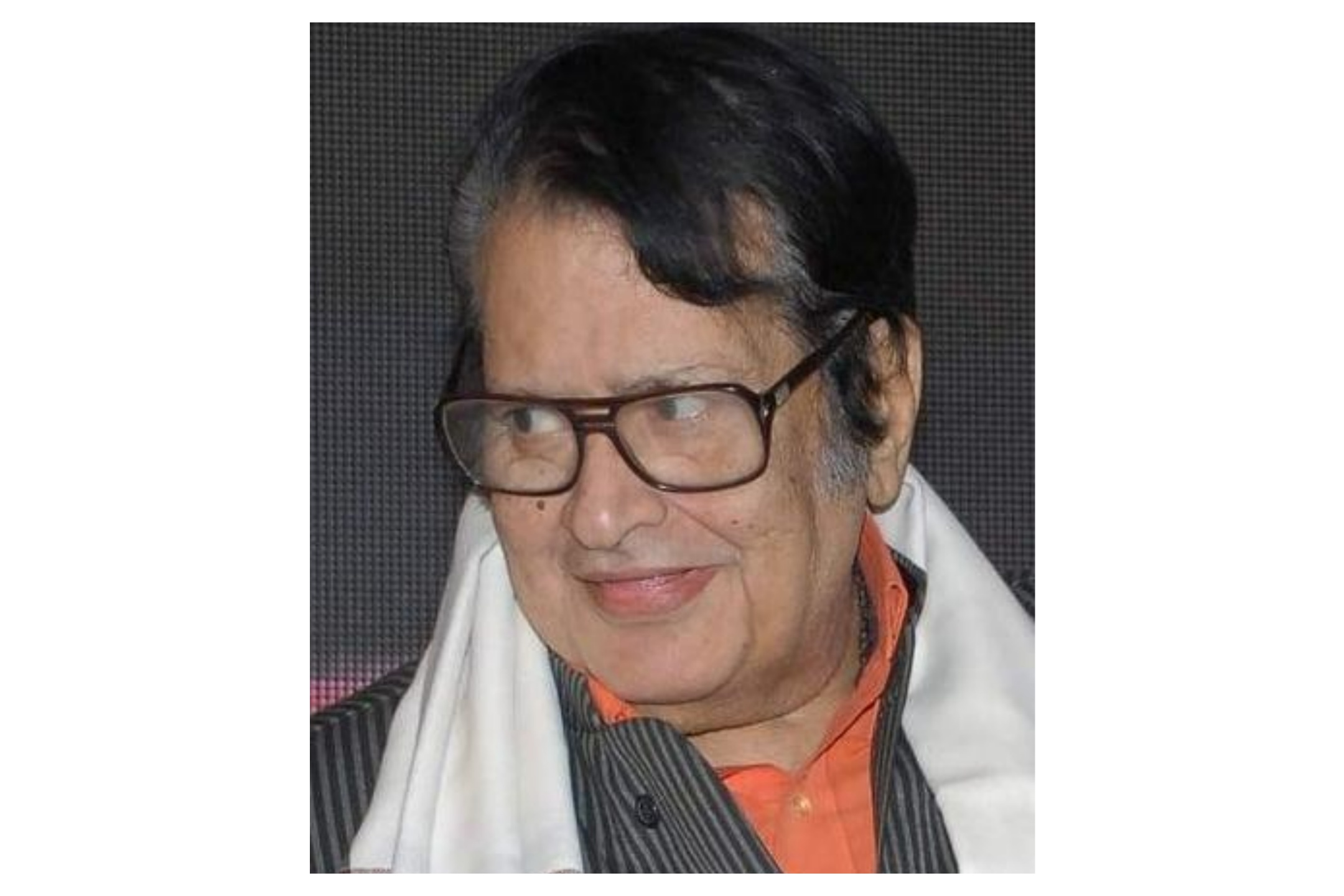 Manoj Kumar / Wikipedia
Manoj Kumar / Wikipedia
Picture this: viewers in a cinema hall, eager to leave their seats for refreshments just before the screen is splashed with the word 'Interval.' Except-they don't. They sit, rapt, as Manna Dey's melancholic voice fills the auditorium with 'Kasme wade pyaar wafa...
The film was Upkar (1967), and the feat of keeping the audience glued was achieved by none other than the auteur Manoj Kumar, who made his directorial debut with the venture. Not only was adding the song his idea, but composer Anandji Virji Shah (of Kalyanji-Anandji) credits its greatness to Kumar's story and character brief.
Kumar was also deeply involved in background scores he once gave Kalyanji-Anandji a piece of advice they would carry throughout their career: to score different music for the hero, heroine, and villain.
Did you know that 'Khaike paan Banaras wala...' from the 1978 superhit - Don, was thanks to Kumar? He suggested director Chandra Barot include the song to break the narrative's seriousness. Such was the acumen he possessed.
As Anandji once corroborated in an interview: "Manoj Kumar was a fantastic director. He had an ear for music. He was also skilled at editing and writing stories, and possessed a deep knowledge of India's history."
Throughout his illustrious career, the multi-hyphenate proved he wasn't just about acting in cinema-but building it with a conviction not just to entertain, but awaken.
FILMMAKER WITH A MISSION
Born Hari Krishna Giri Goswami, Manoj Kumar adopted his screen name in tribute to Dilip Kumar's character in Shabnam. His career was defined by method and meaning to make films that reflected the soul of a struggling yet hopeful India.
With his directorial debut, Upkar, a cultural moment that married celluloid with civic duty, Kumar cemented his place as a filmmaker of substance. In Roti Kapda Aur Makaan (1974), he addressed the basic human needs-food, clothing. and shelter-with a sincerity that resonated with a nation grappling with poverty and disillusionment. He played the anguished protagonist along with directing the emotional arcs and delivering dialogues that remain etched in cinematic memory.
A look at his career would be incomplete without considering his magnum opus, Kranti (1981). Featuring legends like Dilip Kumar and Hema Malini, the historical epic was a cinematic movement spanning the tumultuous decades of India's freedom struggle. Kumar's vision brought together a multi-generational cast and delivered a sweeping narrative rich in symbolism and scale.
Kumar did not just direct it but carefully orchestrated visuals that were grand, emotions that were operatic, a background score that roused, and delivered a message that freedom was not given-it was earned. As one of the most expensive and highest-grossing films of its time, it was a rare combination of commercial success and nationalistic storytelling. It cemented Kumar's stature not just as Bharat on screen, but as a filmmaker who could mobilize emotions on a national scale.
PEN WITH A PURPOSE
Kumar's portrayal of Bhagat Singh in Shaheed (1965) was sensitive and rousing, earning him his first National Award as a scriptwriter-a prize he selflessly donated to Bhagat Singh's family. If patriotism and poignancy found a place in Upkar, Purab Aur Paschim (1970) explored identity, pride, and the tension between tradition and modernity.
Beyond patriotism, he also delivered the deeply emotional Shor (1972) as a producer-director and actor. The impactful writing extended to the dialogues he penned-lines imbued with the same fervor for patriotism, social justice, and emotional depth.
"Tumhare paas dharm hai... humare paas karam. Tumhare paas mandir hai... humare paas insaan." ("You have religion... We have duty. You have temples... we have humanity.") Bharat says in Purab Aur Paschim, highlighting the conflict between blind religious practices and humanistic values.
The words from his pen weren't limited to patriotic dramas. Whether tender vulnerability in Shor or the disillusionment of the working class in Roti Kapda Aur Makaan, with "Yeh roti bhi kya roti hai jo insaan ka zameer kha jaati hai?" ("What kind of bread is this, that devours a person's conscience?")-he questioned the cost of survival and dignity.
Across genres-be it historical epics, emotional dramas, or socio-political narratives-Manoj Kumar's dialogue-writing remained consistent in its depth, purpose, and unmistakable voice.
CONVICTION OVER COMMERCIALISM
The same ethos as his writing and direction is reflected in his work as a producer. While others were in the business for the profit, Kumar stepped into production for creative freedom. At a time when mainstream studios leaned towards formulaic plots and commercialism, he chose to produce his own films and tell stories that mattered-rooted in nationalism, social justice, and emotional truth.
Under his banner, he produced powerful, message-driven films like Upkar, Purab Aur Paschim, Shor, Roti Kapda Aur Makaan, and Kranti.
Kumar stayed true to his conviction until the end, as India evolved into a more modern, liberal, and globalised society in the late 1980s and 1990s. His brand of idealistic patriotism began to feel outdated to younger audiences. His later films-Kalyug Aur Ramayan (1987), Clerk (1989), and Maidan-E-Jung (1995)-which he directed, produced, and in some cases wrote, failed to resonate with the audience.
Critics often labelled his approach as overly sentimental and nationalistic, out of sync with the shifting tone of contemporary cinema. But even in the face of dwindling relevance, Kumar remained true to his voice. He continued to tell stories of duty, morality, and the soul of India.
Known to generations as Bharat Kumar, the patriotic hero of Indian cinema, Kumar was a storyteller in the truest sense-an auteur whose artistry extended far beyond the arc lights. His passing on April 4, 2025, at the age of 87, marks the end of an era-but not his legacy.
ADVERTISEMENT
ADVERTISEMENT
E Paper
Video




 Bollywood Insider
Bollywood Insider
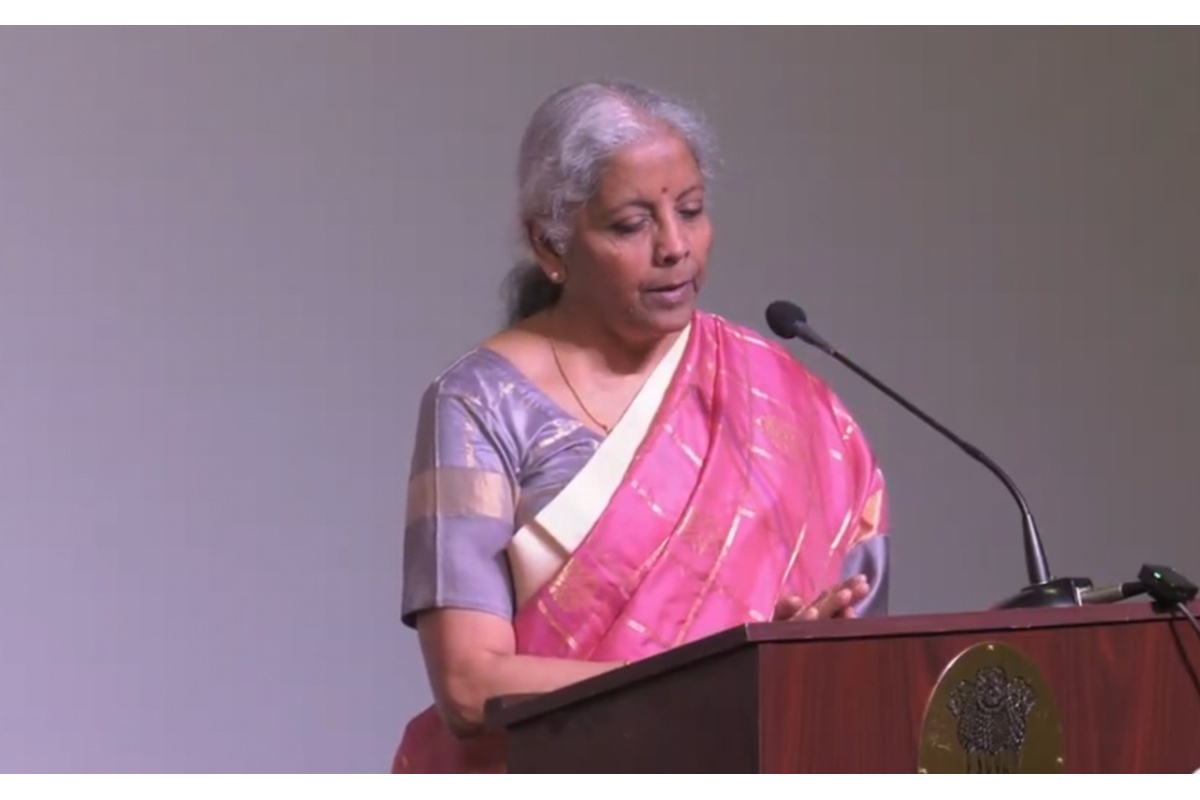

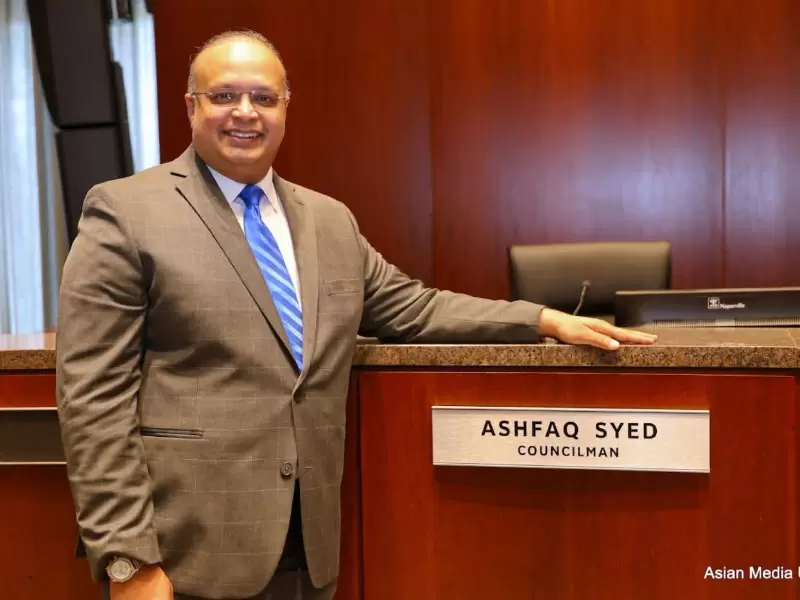
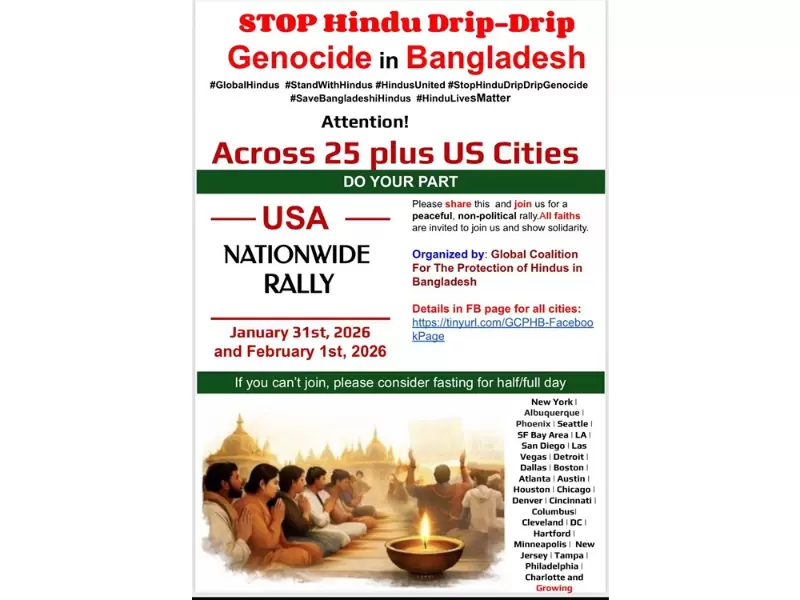
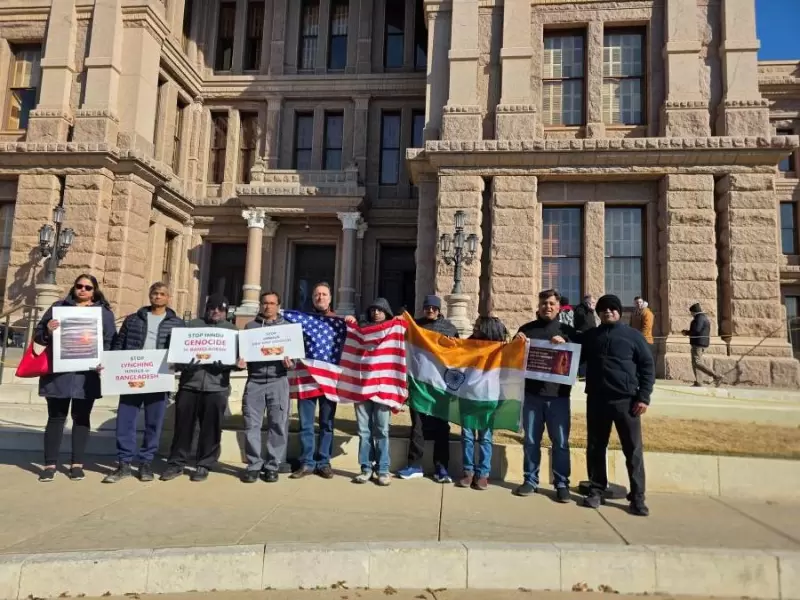
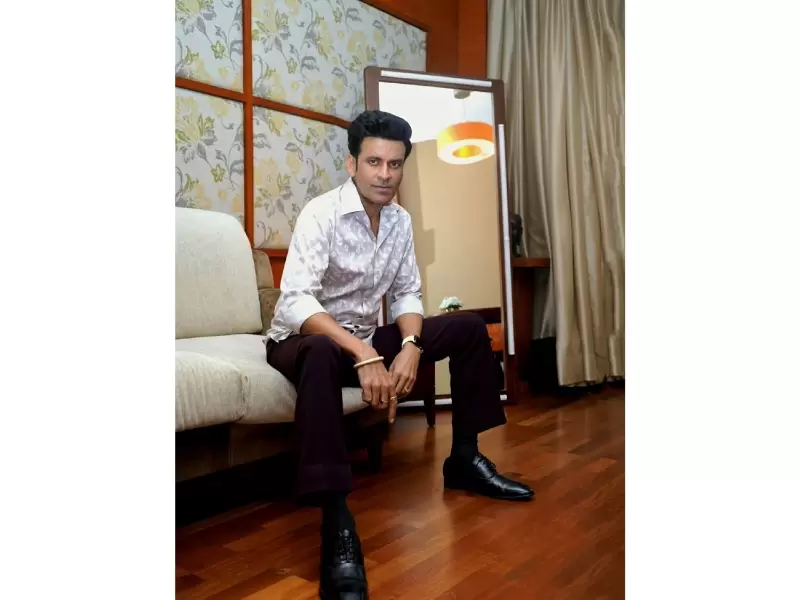
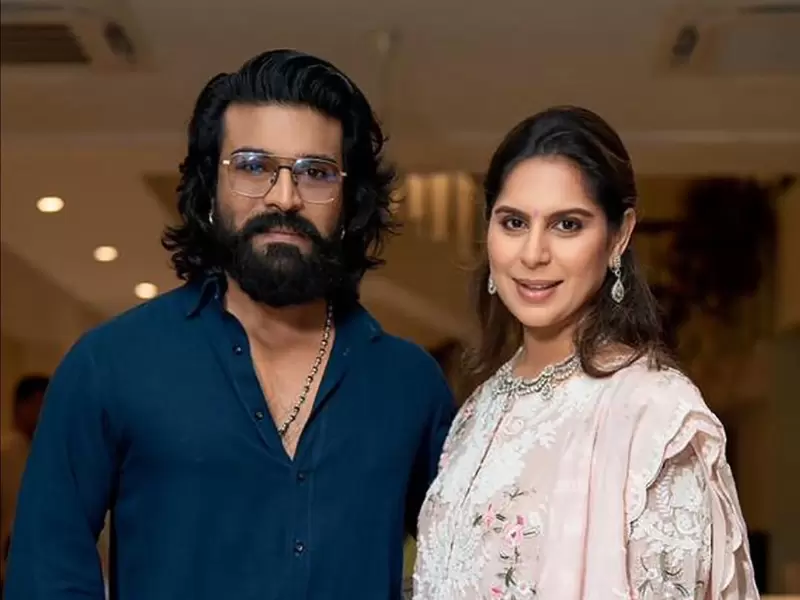

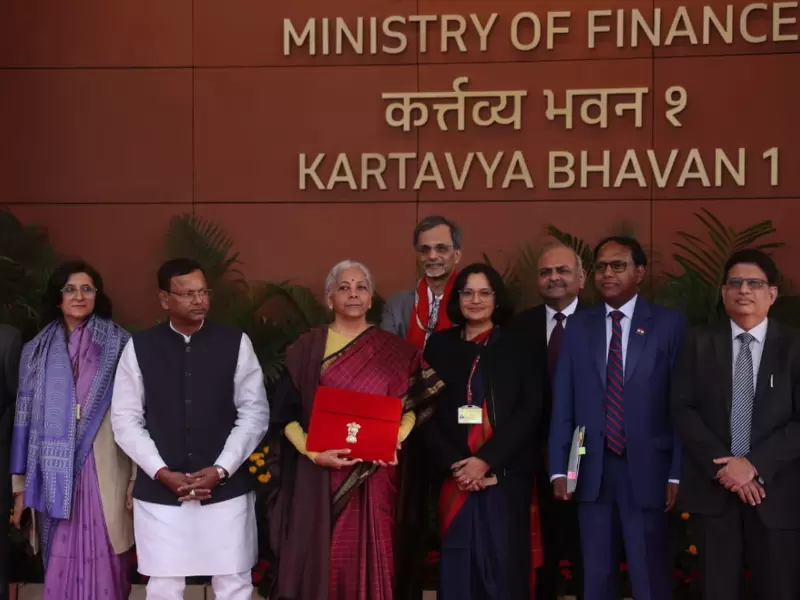
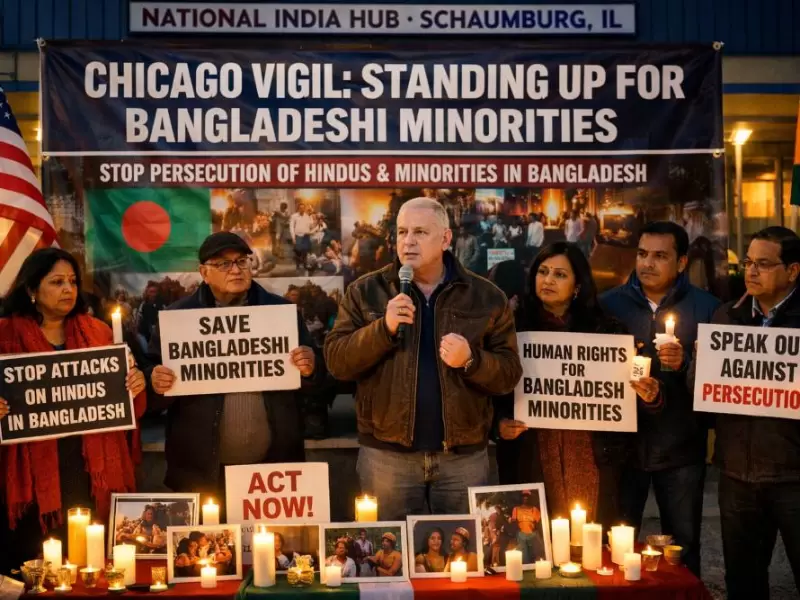
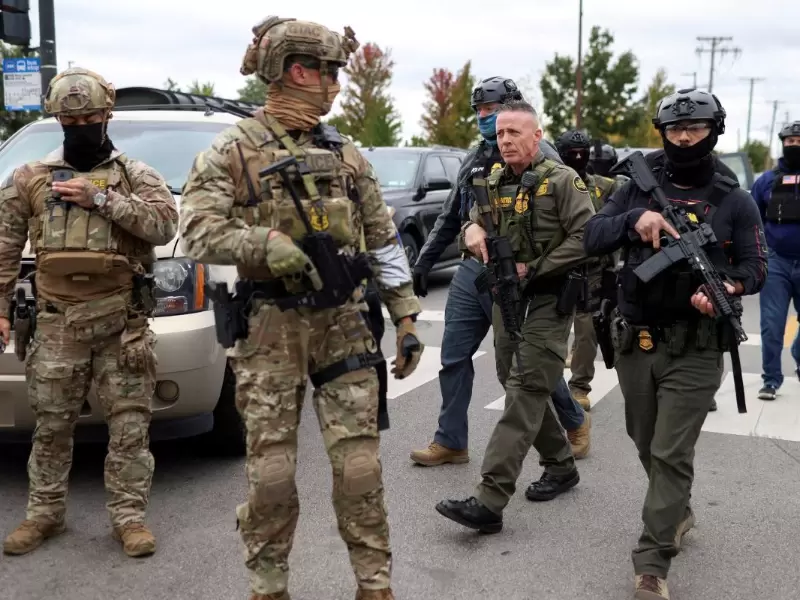


Comments
Start the conversation
Become a member of New India Abroad to start commenting.
Sign Up Now
Already have an account? Login